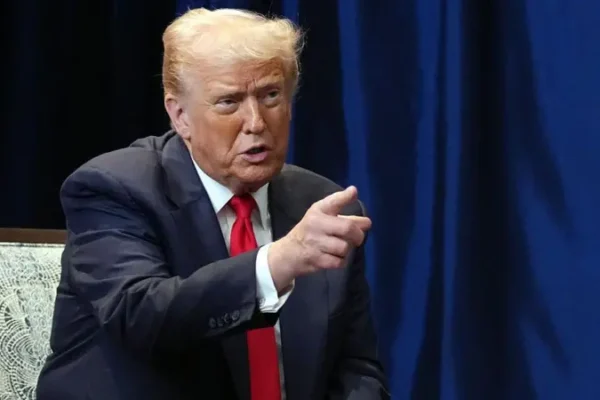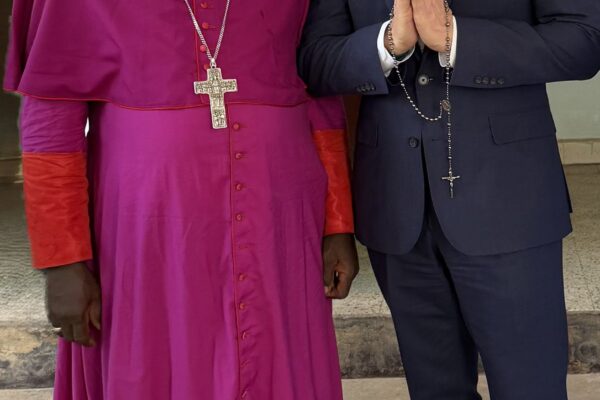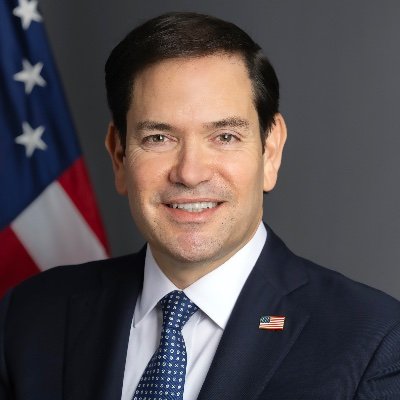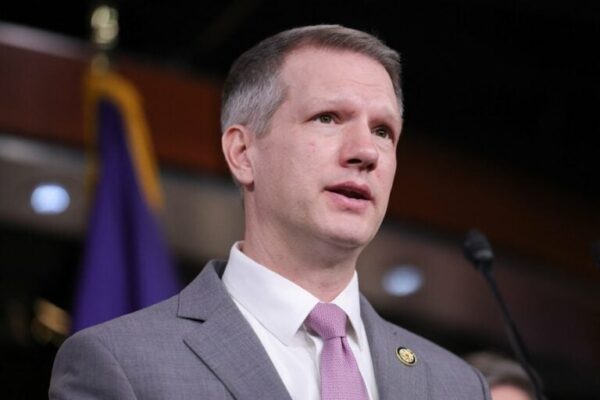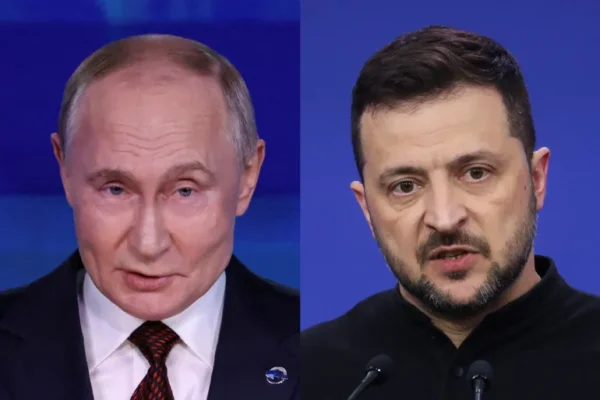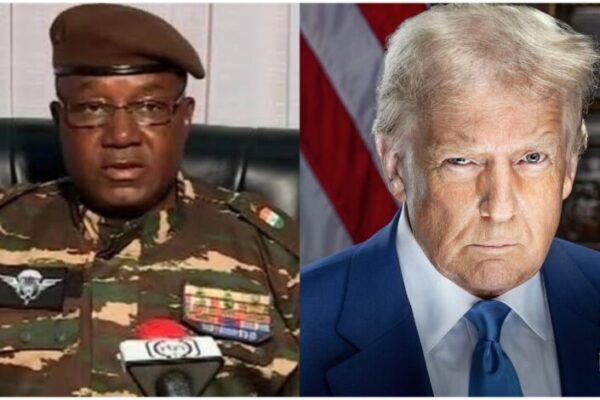
Niger Imposes Indefinite Entry Ban On US Citizens Amid Diplomatic Tensions
Niger has imposed an indefinite ban on United States citizens, suspending all visa issuance and barring entry for Americans with immediate effect. The restrictions cover all forms of travel, including diplomatic, business, humanitarian, and tourist visits, heightening diplomatic tensions between Niamey and Washington. Authorities in Niger cited reciprocity and national sovereignty as the reasons for the move, pointing to what they described as recent hostile and punitive actions by the United States. No timeframe has been provided for a potential review or lifting of the ban. The decision comes amid strained relations between Niger and several Western countries following political upheavals in the Sahel nation. These tensions have already resulted in sanctions, aid suspensions, and changes to security and diplomatic partnerships. In recent months, Niger has sought to pivot its foreign policy away from traditional Western allies, strengthening ties with non-Western nations. Experts warn the ban could significantly affect humanitarian organisations, development agencies, and international bodies that rely on US personnel, while also complicating security and diplomatic cooperation in a region facing insurgency and political instability. The United States has not yet issued an official response, though officials are expected to raise concerns through diplomatic channels. Niger, however, insists the ban will remain in effect indefinitely, signalling a more assertive stance in its international relations.


